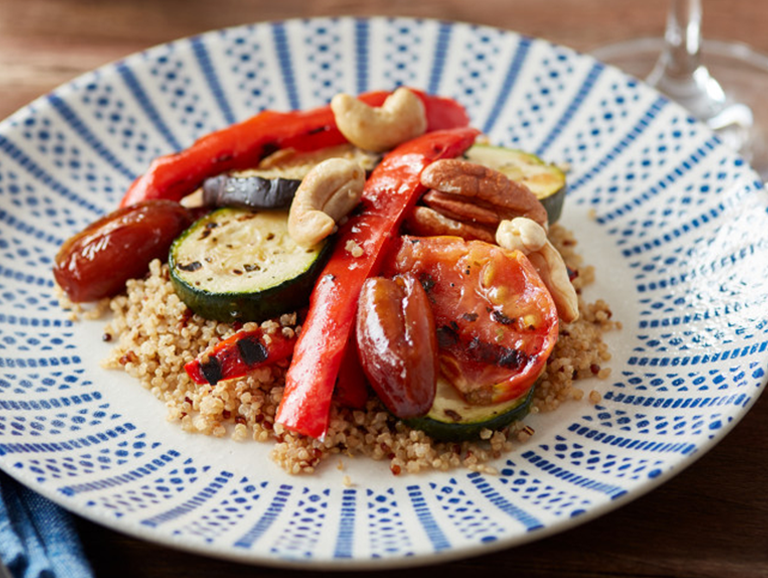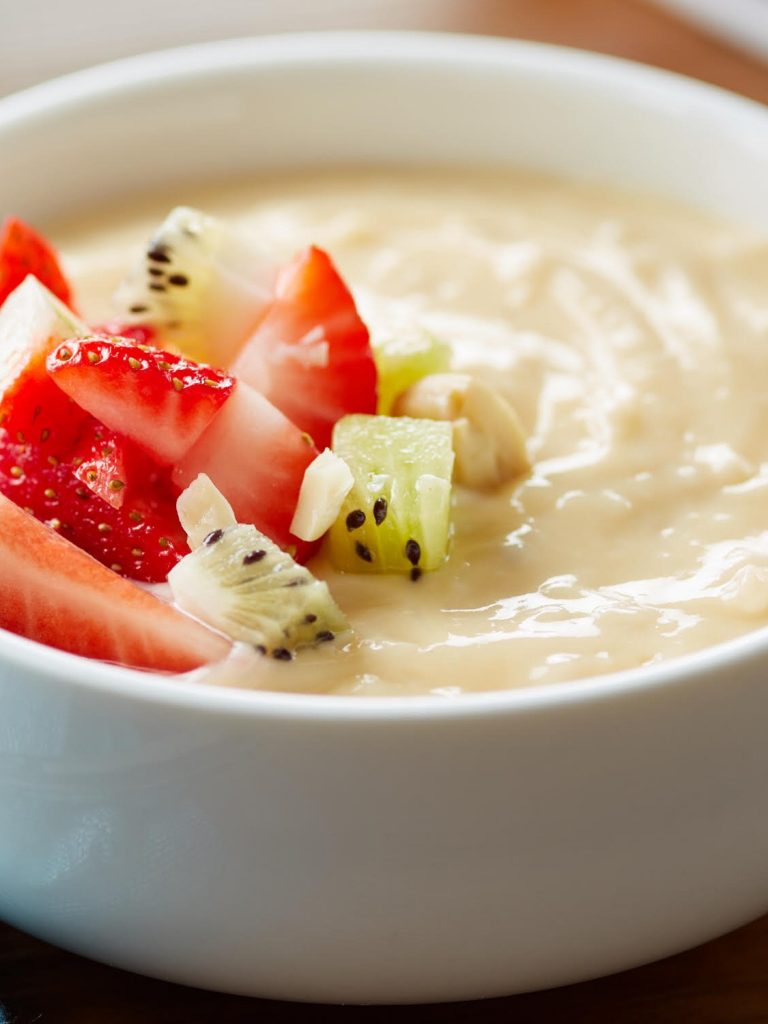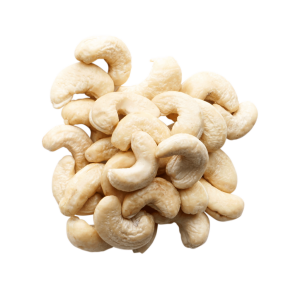CASHEW NUT
Healthy Immune System
Healthy Blood and Bones

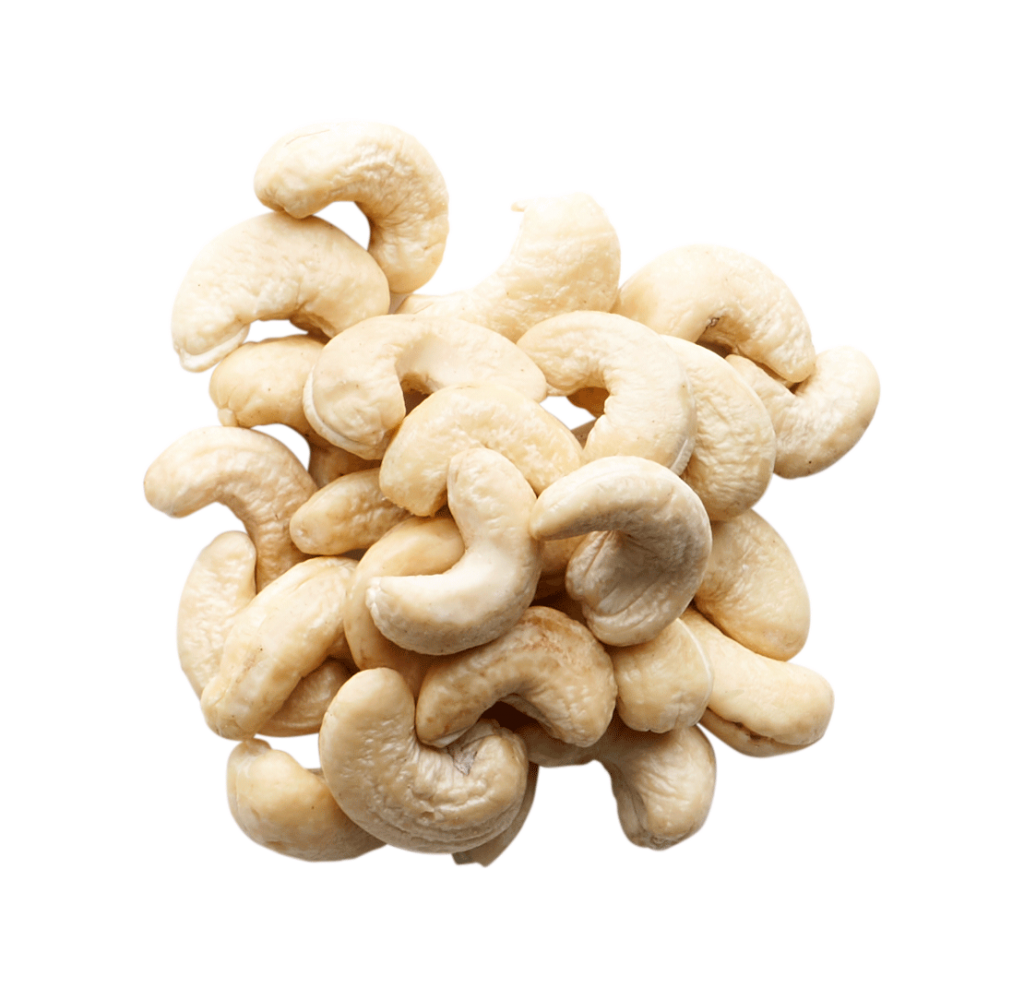
Lower Bad Cholesterol
18 makes up a healthy daily handful

Watch health benEfits video
Did you know..?
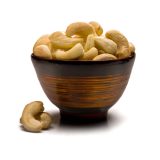
The cashew nut is native to North-east Brazil. During the 16th century, the Portuguese took it from Brazil and introduced it into India (Kerala and Goa), Indonesia and Portuguese colonies in Africa such as Mozambique and Guinea Bissau.
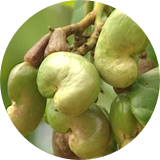
The cashew tree does not require extensive irrigation or water-usage; it is environmentally friendly as the trees can grow in poor soils and dry climatic conditions. It is widely used in afforestation programs as it requires almost no maintenance.
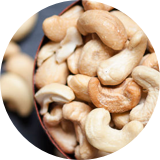
Cashews are mostly consumed as a snack, raw, roasted, salted or flavored, in baked goods and confectionary. Cashews are also used as an ingredient in Indian sweets, savories and cooking.
Recipes
Articles
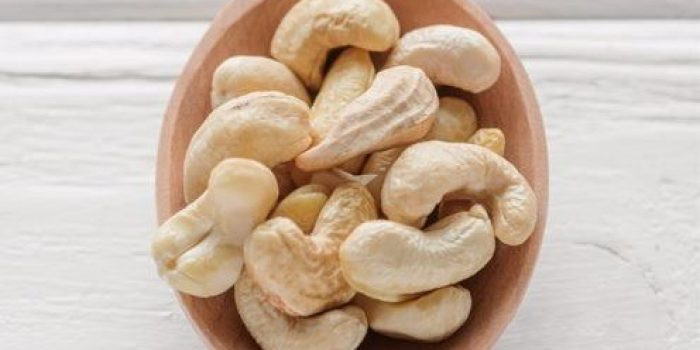
Why Eat Cashews
Cashews may help improve your overall health. Cashews are low in sugar and rich in fiber, heart-healthy fats, and plant protein. They’re also a good source of copper, magnesium, and manganese — nutrients important for energy production, brain health, immunity, and bone health.
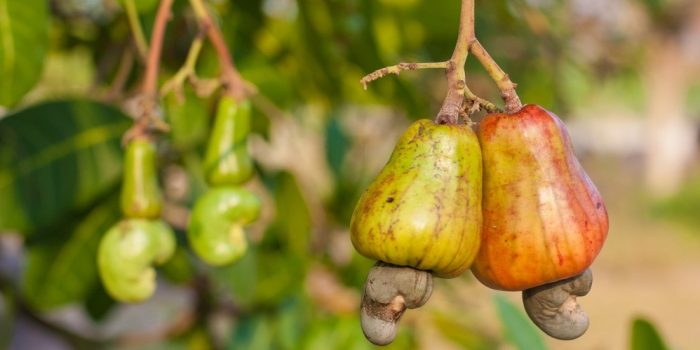
Tree Nut Production to Increase by 6% in 2018/2019 Season; Dried Fruit by 5%
The INC has updated the 2018/19 crop and production forecasts for almonds, Amazonia (Brazil) nuts, cashews, hazelnuts, macadamias, pecans, pine nuts, pistachios, walnuts, peanuts, dates, dried apricots, dried figs, dried cranberries, prunes and dried grapes (raisins, Sultanas and currants).
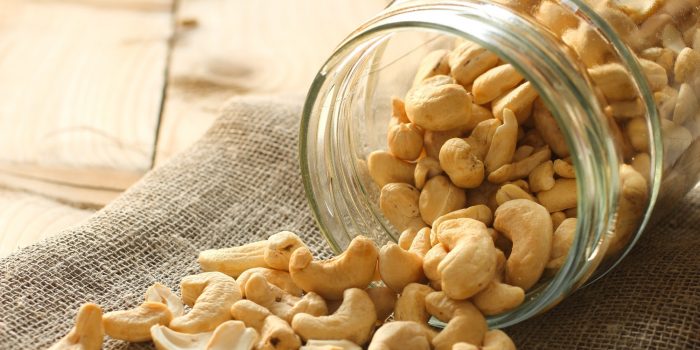
New Study Reinforces Cashew Nutritional Quality
For the first time, a team of researchers has analyzed the nutritional composition of raw cashew nuts from the largest growing regions around the world, providing a much better approximation of the real nutrient content of cashews.


